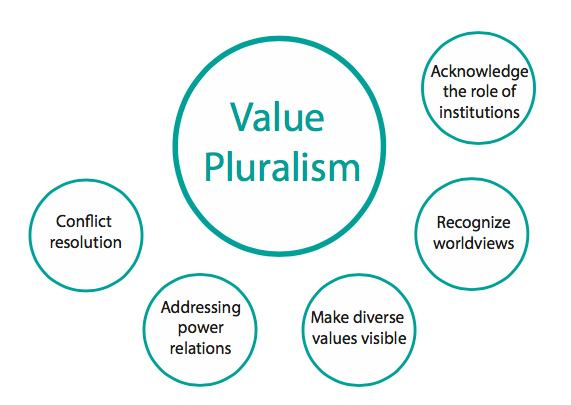- Filter By :
- Theoretical Questions
- Case Studies
-
Q. What do you understand by "value pluralism"? How does it complicate ethical decision-making in a multicultural democracy like India? (150 words)
30 Jan, 2025 GS Paper 4 Theoretical QuestionsApproach
- Introduce the answer by defining value pluralism
- Give arguments how How Value Pluralism Complicates Ethical Decision-Making in India
- Suggest a way forward
- Conclude suitably.
Introduction
Value pluralism is the ethical concept that multiple moral values can coexist, even if they sometimes conflict. In a diverse country like India, different communities and individuals prioritize different values, leading to ethical complexities in decision-making.
Body
How Value Pluralism Complicates Ethical Decision-Making in India:
- Conflict Between Individual Rights and Cultural Traditions
- Constitutional values like gender equality often clash with religious customs. Legal reforms aimed at ensuring equality may be opposed as an infringement on traditional beliefs.
- Example: The Supreme Court’s Sabarimala temple entry verdict (2018) allowed women of all ages to enter the temple, but it faced strong resistance from devotees citing religious traditions.
- Religious Freedom vs. State Intervention
- While personal laws are meant to preserve religious autonomy, some practices may violate fundamental rights. Legal interventions to reform such practices are often seen as government overreach.
- Example: The Triple Talaq ban (2019)was considered a step toward gender justice, but some sections viewed it as interference in Muslim personal law.
- Freedom of Expression vs. Social Harmony
- Freedom of speech can sometimes offend religious or cultural sentiments, leading to social unrest. Governments often have to regulate expression to maintain public order.
- Example: Films like Padmaavat and books like The Satanic Verses faced bans and violent protests due to perceived religious or historical distortions.
- Economic Development vs. Environmental Protection
- Industrialization and infrastructure projects boost economic growth and employment but often lead to environmental degradation and displacement of communities.
- Example: The Vedanta Sterlite Copper Plant in Tamil Nadu was shut down due to widespread protests over environmental pollution, despite its economic benefits.
- Majoritarianism vs. Minority Rights
- Policies aimed at national integration sometimes overlook the cultural autonomy of minority communities, creating fears of cultural assimilation.
- Example: The proposal for a Uniform Civil Code (UCC) seeks to establish common personal laws, but minority groups argue that it threatens their religious identity.
Way Forward
- Dialogue and Deliberation: Encouraging inclusive discussions to balance competing interests.
- Contextual Decision-Making: Implementing policies that respect both diversity and fundamental rights.
- Educational Reforms: Promoting ethical pluralism to foster mutual respect and tolerance.
Conclusion
Value pluralism is both a strength and a challenge in a multicultural democracy like India. While it allows for diversity, it also complicates decision-making by creating conflicts between competing moral perspectives. The key to resolving such dilemmas lies in constitutional principles, inclusive governance, and a balanced approach that ensures justice while respecting cultural diversity.Judicial Interpretation: Courts playing a key role in harmonizing conflicting values (e.g., Kesavananda Bharati Case, 1973).
To get PDF version, Please click on "Print PDF" button.
Print PDF





